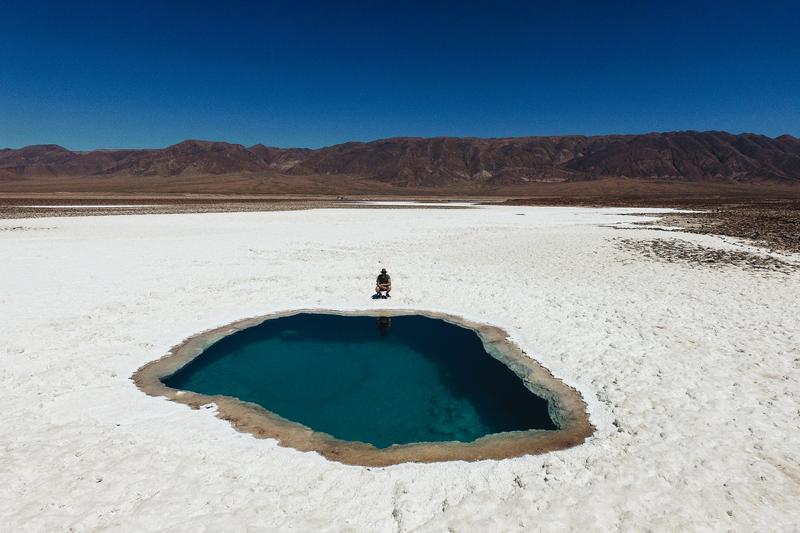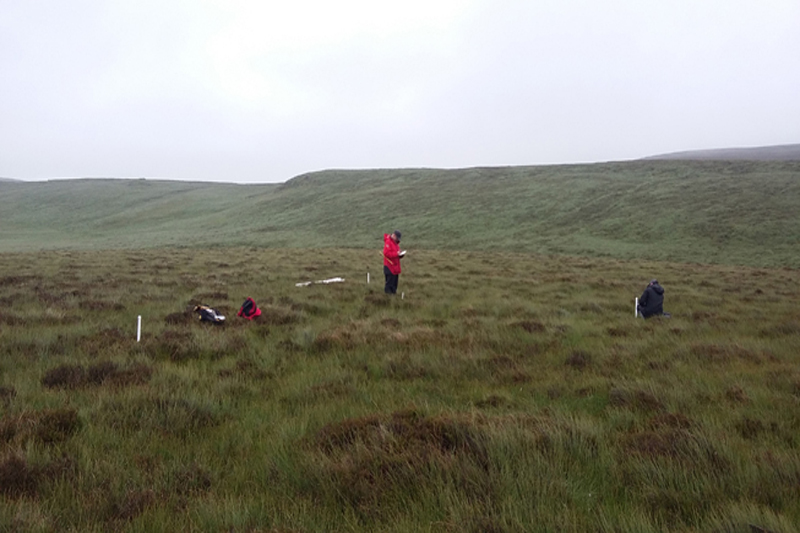Civil and Structural Engineering
for Civil Engineering (Career Prospects)
Guardian University Guide 2024for Civil Engineering
Complete University Guide 2025for Civil and Structural Engineering
QS World Rankings 2024Civil Engineering at Queens has 170 years of research and teaching excellence and excels in meeting today’s global challenges.
Civil Engineers create and maintain the built environment upon which society depends. We provide protection from climate change and natural disasters, create the buildings people live and work in, the life sustaining fresh water they drink and the sanitation that prevents the spread of disease.
The health of the infrastructure upon which the economy is dependent, and the ability to travel rapidly from one location to another, is the responsibility of a Civil Engineer. We lead in the reduction of the carbon footprint, harnessing the power of nature to provide alternative green energy sources.
In the 2019 ‘Skills Barometer’ the Higher Education and Statistics Agency identified Civil Engineers as the most undersupplied type of graduate. If you want a satisfying career which can changes lives, become a Civil Engineer.
CIVIL AND STRUCTURAL ENGINEERING RESEARCH
Civil Engineering is led by a Head of Discipline supported by team leaders with responsibility for maintaining excellence in its research groups of Intelligent and Sustainable Infrastructure (ISIG - including low carbon structural materials), Water and Energy Resources (WERG - including marine renewable energy) and Global Environmental Resilience Group (GERG). Our vision is to provide an interdisciplinary space that enables researchers in their core disciplinary expertise to lead and collaborate on large cross-institutional projects such as the EPSRC funded SALINA (£1.5M) (WERG) and Roadmaps to Zero Net Emissions in Urban Public Transport (£4M) (ISIG), the H2020 funded PowerKite (€5.1M) (WERG) and H2020 funded REMEDIATE ITN (€3.7M) (GERG).
KEY RESEARCH PROJECTS
FIND OUT MORE
Research Expertise of Civil and Structural Engineering Staff:
- Future sustainable cities which are agile and future ready (e.g. for near zero energy autonomous vehicles)
- Technological innovation for digital transformation of civil engineering
- Affordable, reliable and environmentally sustainable marine renewable energy
- Access to clean, potable water for all
- Reducing and removing the negative impacts on our environment, health and wellbeing from pollution in the air, ground and water
Our world must become more energy efficient, and forward-looking engineers are vital to enable sustainable growth. Our research priorities are guided by global challenges and a need to meet sustainable development in our built and natural environment.
Civil Engineering sits within two trans-disciplinary clusters, bringing together researchers from spatial planning, architecture, geography, paleoecology and civil engineering to tackle some of the world's most pressing urban and environmental challenges.
STUDY
OUR STAFF
| STAFF NAME | RESERACH INTERESTS | RESEARCH GROUP |
|---|---|---|
| Dr G Amato | Shape memory alloys, fibre reinforced mortars, dynamic strengthen of structural elements | ISIG |
|
|
Micromechanics of soils, Multiscale behaviour of granular materials, Granular Metamaterials, Image-informed numerical modelling of real particles, Discrete Element Modelling, Particle shape characterisation and classification, Open-source code development | GERG |
| Dr J Black | The geotechnics of energy and infrastructure resilience | GERG |
| Dr S Cox | Whole life carbon accounting in construction; Environmental assessment, including life cycle assessment; Risk assessment of contaminated sites (including the use of bioaccessibility testing); Remediation of carbon disulphide soil and groundwater contamination | GERG |
| Dr R Doherty | The circular economy, reuse & recovery of hazardous & valuable materials, restoration of peatlands, sustainable remediation of pollution, identification and apportionment of potentially toxic elements | GERG |
| Dr R Flynn | Contaminant transport, enviromental microbiology, wetland hydrology and hydrochemistry, hydrogeophysics, catchment hydrology, peat hydrogeology and geotechnics | GERG |
| Dr C Frost | Hydrodynamics of tidal resource sites, experimental and numerical assessment of tidal stream turbines, control system development for tidal stream turbines | WERG |
| Professor G Hamill | Saline intrusion in coastal aquifers, sustainable drainage schemes (SuDS), tidal energy, bridge scour / structural interactions | WERG |
| Dr D Hester | Bridge structural health monitoring | ISIG |
| Dr M Karimirad | Fatigue assessment of offshore wind turbines, numerical method for dynamic analysis of offshore renewable energy, modelling the dynamic response of floating solar PV arrays in nearshore | WERG |
| Dr D McPolin | Timber engineering, technology-based design, material science | ISIG |
| Dr S Nanukuttan | Binding materials (construction), Concrete production, material deterioration, mass movements in materials, interaction between material and environment | ISIG |
| Dr U. Ofterdinger | Fractured Bedrock Hydrogeology/ Catchment Hydrogeology, Hydrogeophysics, Numerical Modelling, Geothermal Energy Systems | GERG |
| Dr D Phillips | Contaminant fate, transport and behaviour issues associated with contaminated groundwater, and sorption and precipitation of contaminants in soils/ sediments and other geological materials, particuarly in weathered enviroments | GERG |
| Prof W Sha | Sustainable Construction Materials with Structures | ISIG |
| Dr V Sivakumar | Anchoring systems for offshore floating wind turbines | GERG |
| Dr M Sonebi | Bio-based Building materials, Self-Compacting Concrete, Rheological Measurement of Cement-Based Materials | ISIG |
| Professor M Soutsos | Blast and Impact Resistant Concrete Structures, Sustainable construction materials, Maturity functions | ISIG |
| Prof S Taylor | Intelligent Infrastructure, Structural Health Monitoring, Computer Vision with Machine Learning | ISIG |







